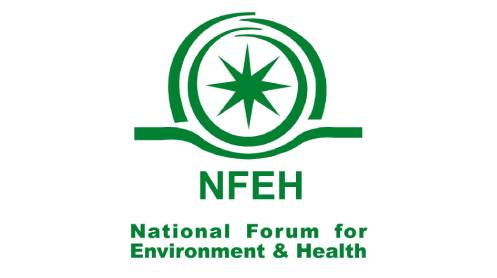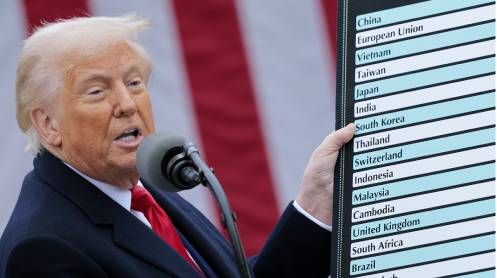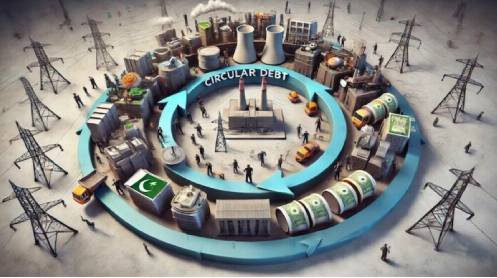Empowering Thar: Sustainable Coal Mining and Community Welfare
In a notable initiative underscoring the growing emphasis on sustainable development, a joint team from the National Forum for Environment and Health (NFEH) and Energy Update recently visited District Tharparkar in Sindh province.
Hosted by the Sindh Engro Coal Mining Company (SECMC), the visit centered around Pakistan’s largest open-pit coal mining site, located in block-II of Thar coal, within the town of Islamkot.
The delegation was taken on an insightful tour of the coal mining site and surrounding coal-based power plants, observing firsthand the impressive operational safety and environmental protection measures being implemented. SECMC has been successfully extracting about 25,000 tonnes of coal daily from block-II, which has enabled the operation of four coal-based power plants generating a total of 1320 megawatts (MW) of electricity for the national grid. The team was keen to understand how Thar coal is not only contributing to Pakistan’s energy security but also promoting self-reliance in energy production, with immense potential to further bolster the nation’s electricity generation capacity.
One of the key highlights of the visit was the extensive community welfare programmes orchestrated by the Thar Foundation, aimed at ensuring that the local Thari community reaps the benefits associated with the ongoing coal mining and power generation activities. A notable stop was the Marvi Clinic in Islamkot, where representatives of the Thar Foundation briefed the team on the network of healthcare facilities established to provide state-of-the-art treatments for the people of Islamkot. The foundation also operates mobile health units, delivering essential healthcare services to nomadic villagers in remote areas.
The commitment to health extended to the provision of ambulance services for critically ill patients, facilitating their transport to the Civil Hospital in Mithi. The team also learned about an ambitious plantation drive utilizing bio-saline water from the region, part of larger efforts to maintain environmental sustainability while supporting local agricultural practices. The visiting team also planted tree saplings at the plantation site to further make Thar clean and green. Later, the team also visited an agro farm of the Dua Foundation in Tharpakar to witness how a green initiative has been producing massive livelihood opportunities for the local villagers to transform their lives through farming.
Addressing another critical issue in Thar, the visitors reviewed the reverse-osmosis water filtration plant managed by the Thar Foundation, which provides clean drinking water to communities frequently facing drought conditions. This essential facility is a lifeline for the local Thari population, ensuring access to safe water in a region where such resources are scarce.
The team also assessed the resettlement and rehabilitation programmes for local villagers displaced by coal mining activities, ensuring that their transition is handled with care and respect. Educational initiatives were also a significant part of this community-focused visit, with the team visiting schools established by the Thar Foundation in partnership with the Citizens Foundation. These schools are providing quality education to thousands of children, further promoting the socio-economic uplift of the area.
Emphasizing the importance of corporate social responsibility (CSR), the SECMC and Thar Foundation are leading examples of how energy companies can operate sustainably while uplifting local communities. Their efforts to maintain Gold Standards in coal mining and CSR work illustrate a commitment to minimizing environmental impact while maximizing socio-economic benefits for the backward Thari people.
In addition to environmental considerations, the visit highlighted SECMC’s initiatives to support the emotional and psychological wellbeing of its workforce. Recognizing that many employees work far from home for extended periods, SECMC has invested in excellent boarding and messing facilities, setting a commendable standard for other energy sector companies to emulate.
The collaboration between China and Pakistan in the Thar coal mining and power generation project exemplifies the positive outcome of international partnerships for the benefit of Pakistan’s energy sector. This model offers valuable lessons for other companies in the energy sector, stressing the importance of safeguarding the environment and ensuring that surrounding communities share in the benefits of industrial activities.
The visit concluded with remarks from NFEH President Muhammad Naeem Qureshi, who commended SECMC’s coal mining operations and the CSR initiatives of the Thar Foundation. “The commitment to community welfare and environmental standards seen in Thar should serve as a benchmark for the entire energy sector,” Qureshi stated. “It’s inspiring to witness how industry players can integrate community development into their core operations.”
As the team departed from Thar, it was clear that the collaborative efforts of SECMC and the Thar Foundation are setting the stage for a transformative era in Sindh, one where energy production harmonizes with the welfare of the local populace, ensuring that the region not only lights up Pakistan but also thrives responsibly under the shadow of its natural resources.
The joint visit to Thar by teams from NFEH and Energy Update proved to be perfectly timed, as the region’s hilly areas were lush and green, a stunning transformation brought about by the consistent monsoon rains over the past few months. The vibrant greenery challenged the common perception of Thar as a barren desert, showcasing the area’s hidden beauty. On the second day of our visit, the team was treated to a refreshing early morning light rain, further enhancing the picturesque landscape.
The exploration of Thar also highlighted the remarkable achievements in coal mining and power generation, which stand as prime examples of effective public-private partnerships and international collaboration. The Sindh government plays a pivotal role, being the majority shareholder in the SECMC while also investing in a state-of-the-art road network and an airstrip to ensure swift connectivity between urban centres and the coalfields. This infrastructure is crucial for the efficient operation of coal-based power plants in the region.
Moreover, the Sindh government actively encourages private sector participation in managing coal mining operations and community welfare initiatives, aiming to maximize benefits for the local population. The Thar coal and energy projects are also integral to the China-Pakistan Economic Corridor (CPEC), illustrating a collaborative effort among the Pakistani government, private enterprises, and Chinese partners to bolster the nation’s energy security and uplift the historically marginalized Thari communities. This exemplary model of energy development is one that could be replicated across Pakistan, fostering growth and sustainability in other regions.





